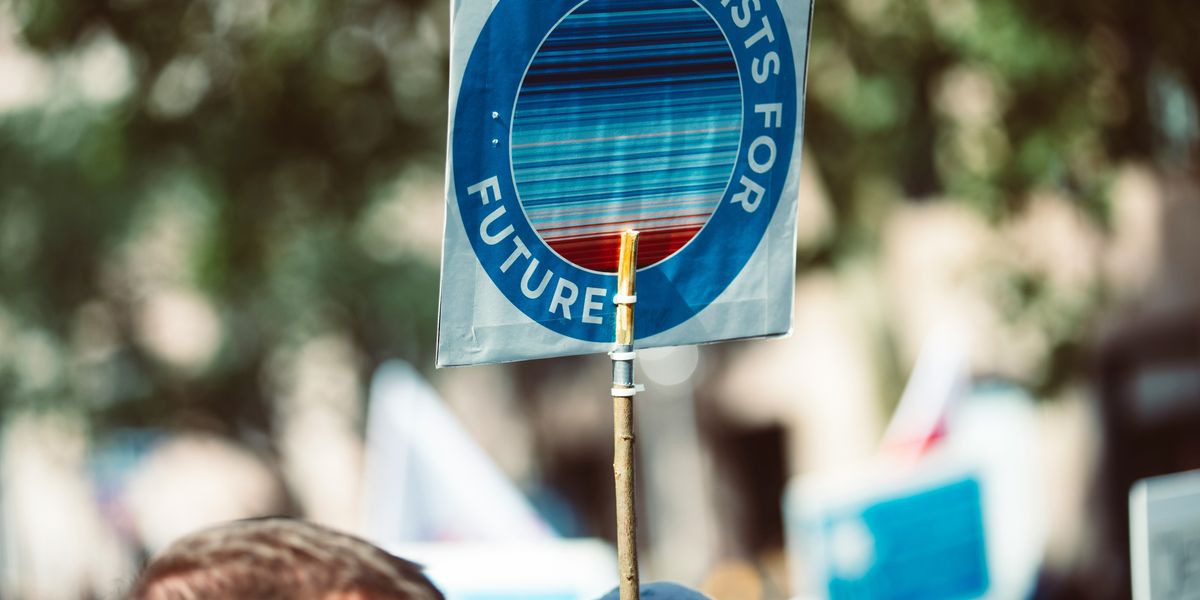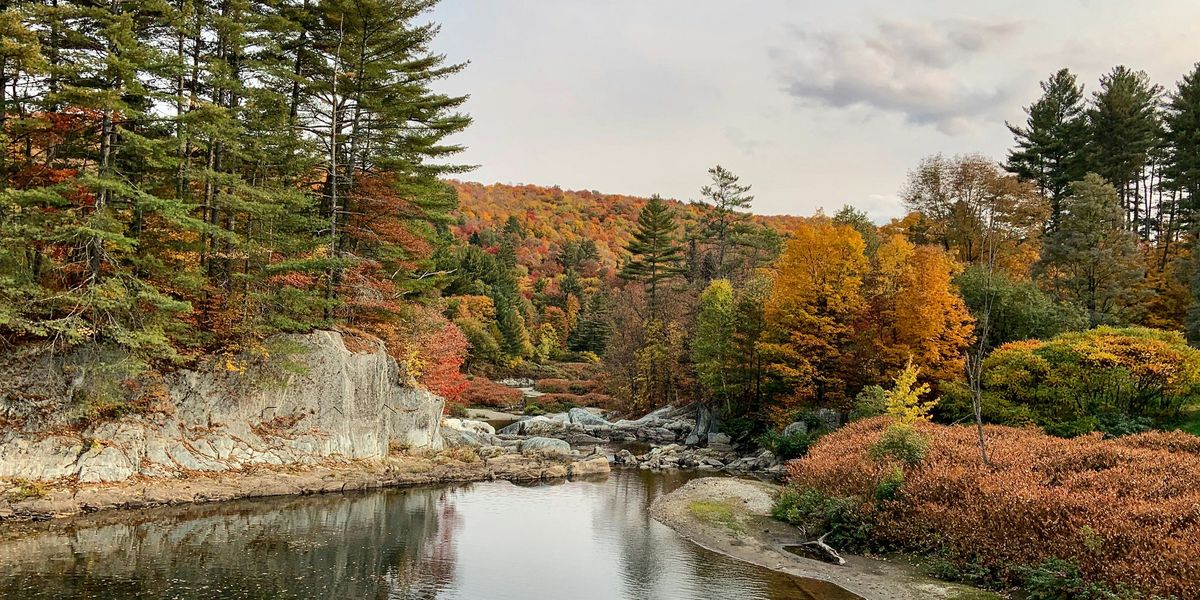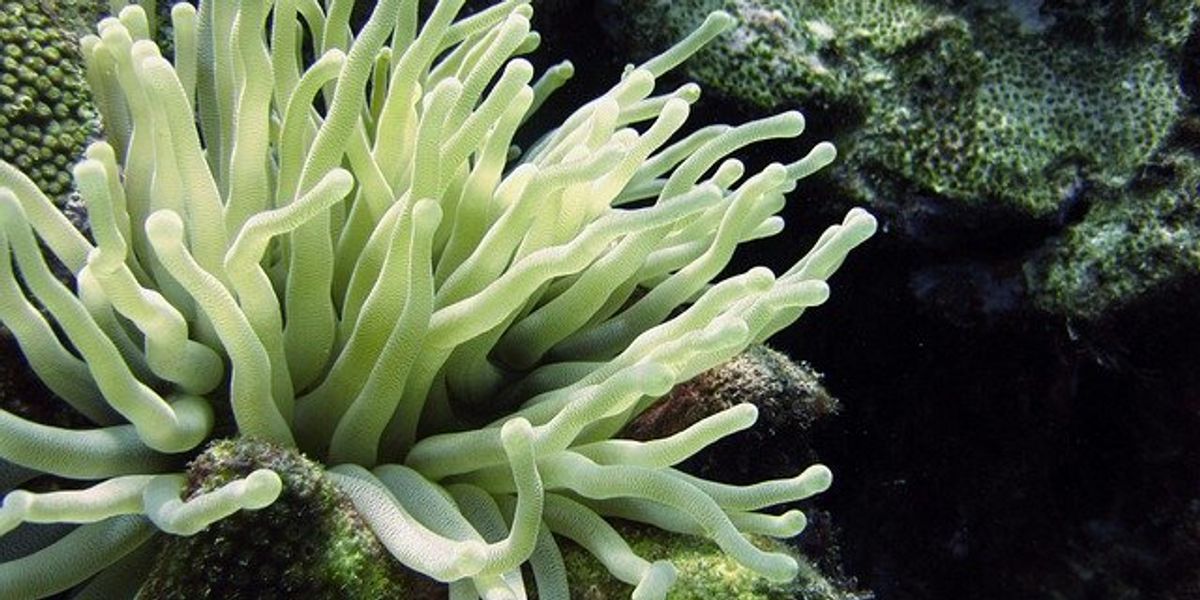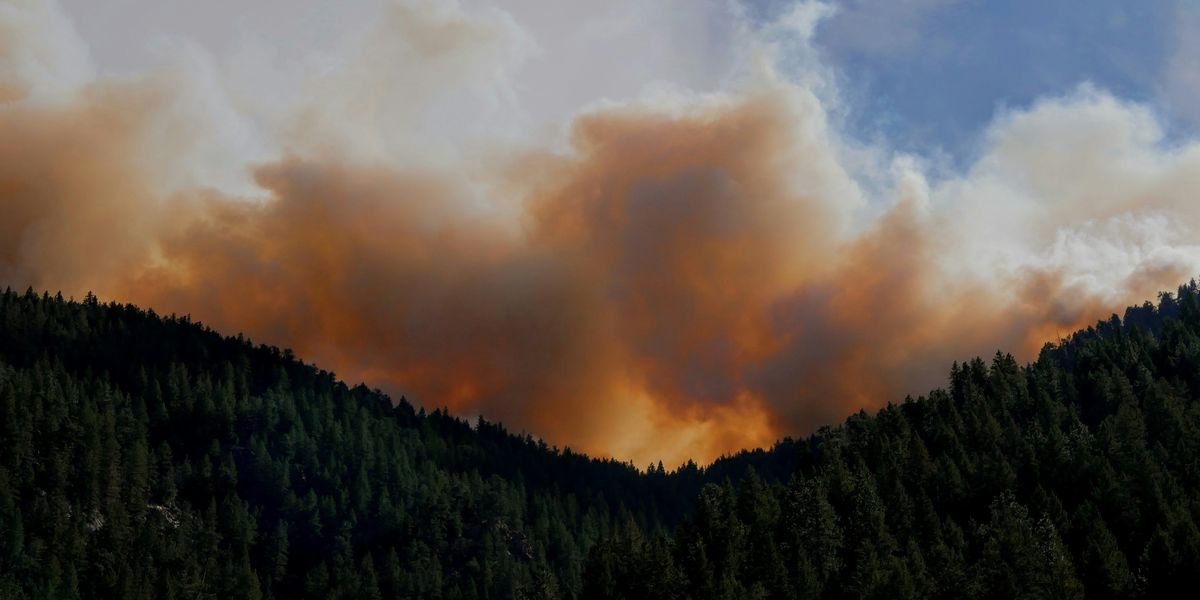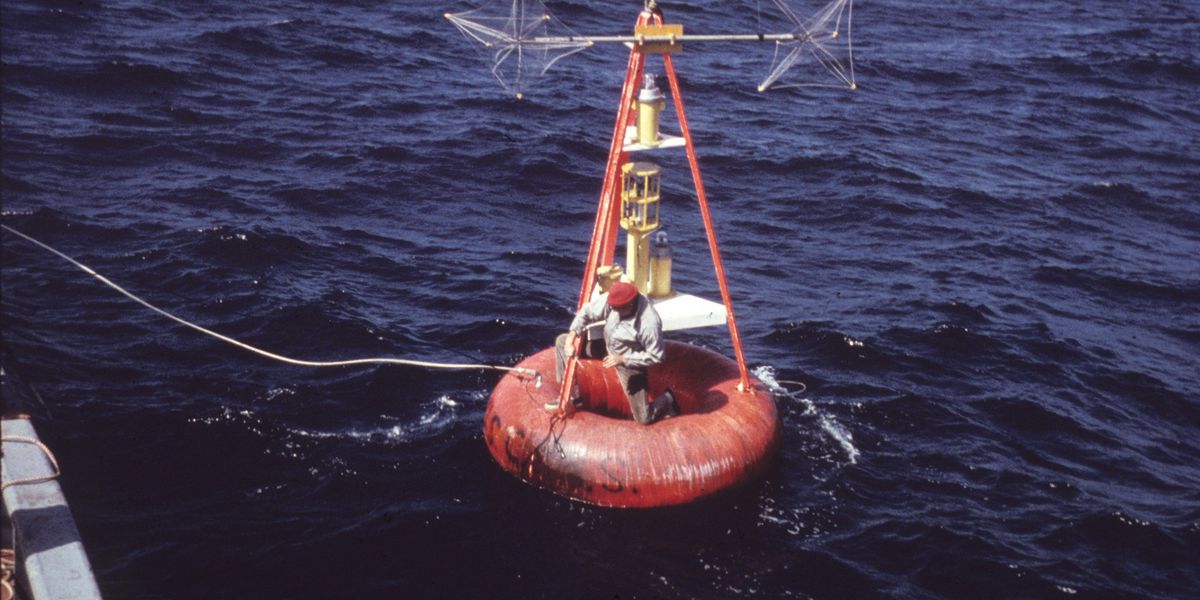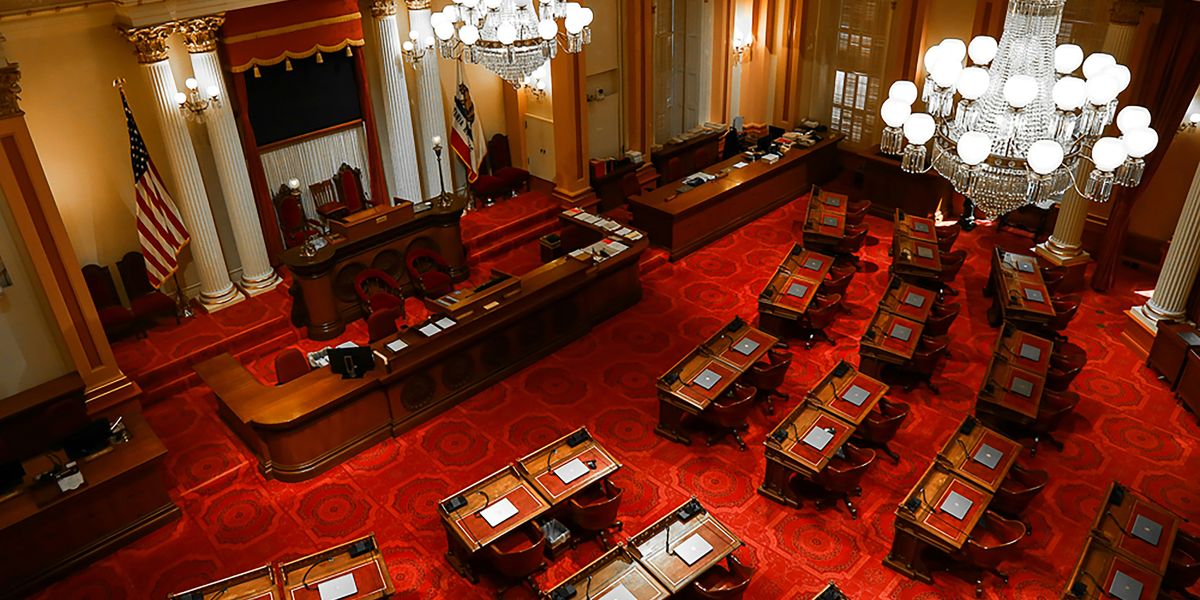children's health
Kennedy’s health shake-up agenda could redefine U.S. regulations
President-elect Donald Trump has nominated Robert F. Kennedy Jr., an outspoken critic of corporate influence in health and environmental policy, as Secretary of Health and Human Services. What could it mean for public health?
Daniel Payne, Chelsea Cirruzzo, Marcia Brown, Brittany Gibson and Annie Snider report for Politico.
In short:
- Kennedy aims to overhaul U.S. health regulations, targeting corporate influence over food, chemical and vaccine safety.
- He plans to push for bans on pesticides, genetically modified organisms and certain food additives, challenging the current regulatory stance.
- Known for vaccine skepticism, Kennedy calls for reassessing vaccine safety approvals, a position that has raised alarm among health experts.
Key quote:
“When we talk about making America healthy, we really have to talk about corporate capture and the way that large corporations have captured our governmental agencies.”
— Jeff Hutt, spokesperson for the Make America Healthy Again PAC
Why this matters:
Kennedy’s proposed regulatory shifts could reshape public health protections, influencing the safety of food, drugs and vaccines. While he claims it’s about transparency, his position has alarmed health experts who argue it could dismantle trust in health institutions, undermine hard-won public health victories and leave the U.S. in regulatory limbo. Read more: Peter Dykstra: WTF RFK Jr.?
Georgia’s chemical fire exposes the risks of disasters colliding in a warming world
A massive fire at a Georgia chemical plant forced thousands to evacuate and raised serious questions about America’s readiness for overlapping natural and chemical disasters as climate change intensifies.
In short:
- The BioLab chemical fire in Conyers, Georgia, led to mass evacuations and weeks of school closures due to the lingering effects of chlorine gas exposure.
- The incident highlights how climate-driven extreme weather can trigger chemical disasters, especially in vulnerable areas like the Gulf Coast, which hosts a concentration of chemical plants.
- Federal standards offer limited protection for communities near reactive chemical sites, leaving many at risk when natural and industrial crises collide.
Key quote:
"Many communities are worryingly unprepared, even in areas that are clearly at high risk of a natural disaster triggering a chemical one."
— Mike Mastrangelo, health-care emergency planner, Galveston, Texas
Why this matters:
Reactive chemical sites are only as secure as the weather permits, and we’re already seeing how climate extremes push them beyond their breaking point. For places like the Gulf Coast, which has become a hotbed of chemical plants, the threat is even more acute. Read more: Tracking petrochemical accidents across the US.
California schools embrace plant-based meals as students lead the way
More California schools are introducing vegan meals thanks to student demand and state-funded programs supporting farm-to-school initiatives.
In short:
- California schools are expanding vegan meal options due to demand from environmentally conscious students and programs aimed at sourcing local, plant-based ingredients.
- State funding has allowed districts to upgrade kitchen equipment, implement farm-to-school programs and develop new recipes, although these funds are set to expire soon.
- School nutrition leaders report that free meals encourage students to try new plant-based dishes, reducing waste and improving participation in school lunch programs.
Key quote:
“We want [to serve] food that is just so good, everybody wants to eat it. Whether or not it has meat in it is almost secondary.”
— Erin Primer, student nutrition director
Why this matters:
School nutrition leaders are seeing something special: free meals encourage more kids to try these new dishes, and they’re finding that vegan meals lead to less waste and better participation overall. Read more: The outsized role processed food plays in our health and environment.
Europe ‘failing its children’ on air pollution, EEA says
Dirty air causes premature death of at least 1,200 children across Europe every year, says European Environment Agency.
Who’s most at risk during extreme heat?
UN warns of ‘draining humanity’s lifeblood’ amid worsening water scarcity
Secretary general urges countries to tackle ‘vampiric overconsumption’, water guzzling industries and climate crisis.
EPA officials visit Texas’ Barnett Shale, ground zero of the fracking boom
The agency’s regional administrator toured the area with the head of a local nonprofit, who complained that when “severe emissions” from gas wells and tanks make people sick, “there are no real remedies.”












